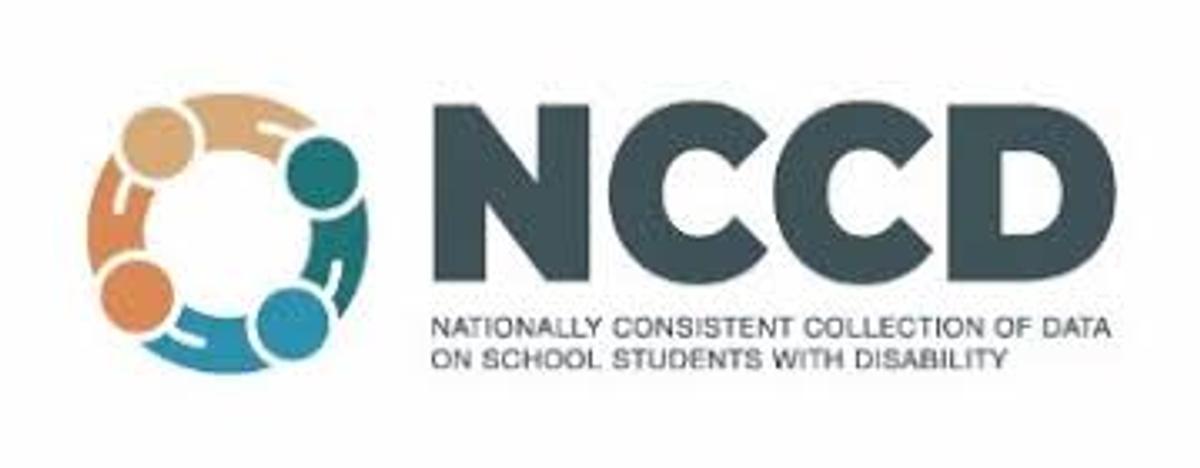And now a word from
Mrs Richards...

And now a word from
Mrs Richards...
At Parkdale Primary School, we aim to support not just academic development, but also the social and emotional growth of every child. One of the most valuable life skills children can develop during their primary years is independence—the ability to take responsibility for themselves, their belongings, and their choices.


Research shows that fostering independence in childhood plays a critical role in building self-esteem, resilience, and problem-solving abilities. According to a 2020 report by the Australian Institute of Family Studies, children who are given age-appropriate responsibilities at home and school are more likely to develop strong executive functioning skills, which are essential for learning, planning, and managing emotions.


Encouraging independence doesn’t mean expecting children to do everything on their own—but it does mean supporting them to do what they can do for themselves. Simple habits such as carrying their own school bag, unpacking their lunchbox, or cleaning up after themselves teach valuable lessons about ownership, effort, and care. These everyday tasks help children understand that they are capable, contributing members of their home and school community.
When children are not given opportunities to develop responsibility, they can fall into a pattern known as "learned helplessness"—a mindset where they begin to believe they are incapable of doing things without help, even when they are able. This can lead to lower confidence, avoidance of new challenges, and a reduced sense of self-worth over time.


As parents and educators, we can support children’s independence by:
Giving age-appropriate responsibilities (e.g. packing their lunchbox, dressing themselves, organising their school gear)
Allowing time for children to complete tasks independently, even if it takes a little longer
Encouraging problem-solving, rather than stepping in immediately when difficulties arise
Praising effort and progress, rather than perfection
Building these skills now lays the foundation for capable, confident learners—and prepares children for the increasing responsibilities they will face in later school years and beyond.
Let’s work together to empower Parkdale Primary students with the confidence to say, “I can do it!”




Every year, all schools in Australia participate in the Nationally Consistent Collection of Data on School Students with Disability (NCCD). The NCCD process requires schools to identify information already available in the school about supports provided to students with disability. These relate to legislative requirements under the Disability Discrimination Act 1992 and the Disability Standards for Education 2005, in line with the NCCD guidelines (2019).
Information provided about students to the Australian Government for the NCCD includes:
year of schooling
category of disability: physical, cognitive, sensory or social/emotional
level of adjustment provided: support provided within quality differentiated teaching practice, supplementary, substantial or extensive.
This information assists schools to:
formally recognise the supports and adjustments provided to students with disability in schools
consider how they can strengthen the support of students with disability in schools
develop shared practices so that they can review their learning programs in order to improve educational outcomes for students with disability.
The NCCD provides state and federal governments with the information they need to plan more broadly for the support of students with disability.
The NCCD will have no direct impact on your child and your child will not be involved in any testing process. The school will provide data to the Australian Government in such a way that no individual student will be able to be identified – the privacy and confidentiality of all students is ensured. All information is protected by privacy laws that regulate the collection, storage and disclosure of personal information.
To find out more about these matters, please refer to the Australian Government’s Privacy Policy (https://www.education.gov.au/privacy-policy).
Further information about the NCCD can be found on the NCCD Portal (https://www.nccd.edu.au).
If you have any questions about the NCCD, please contact the school.